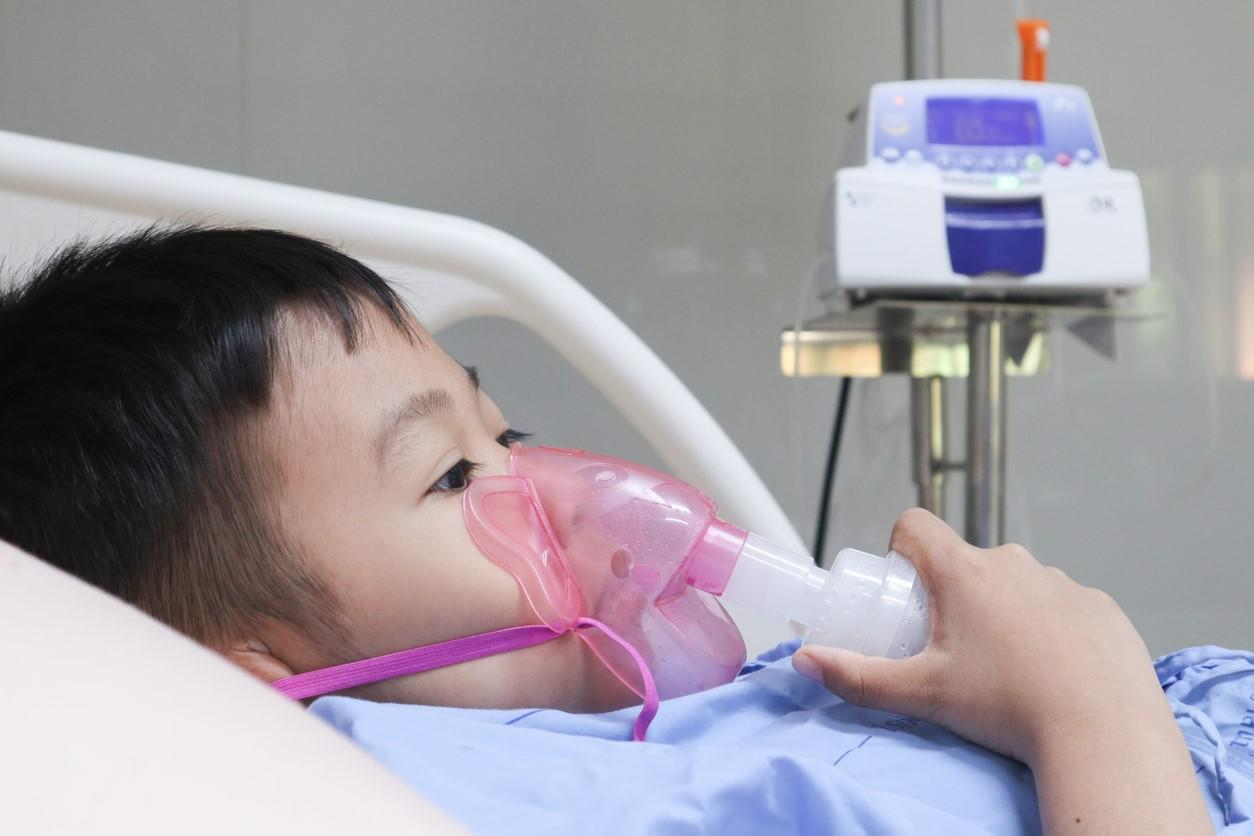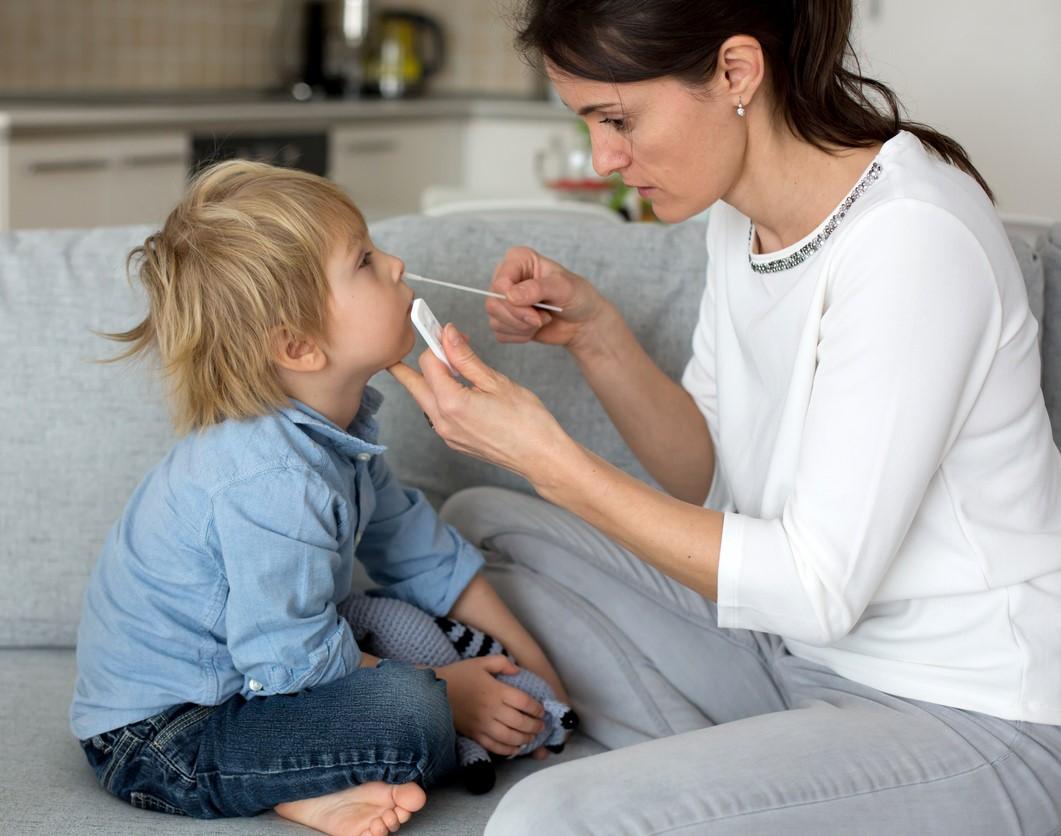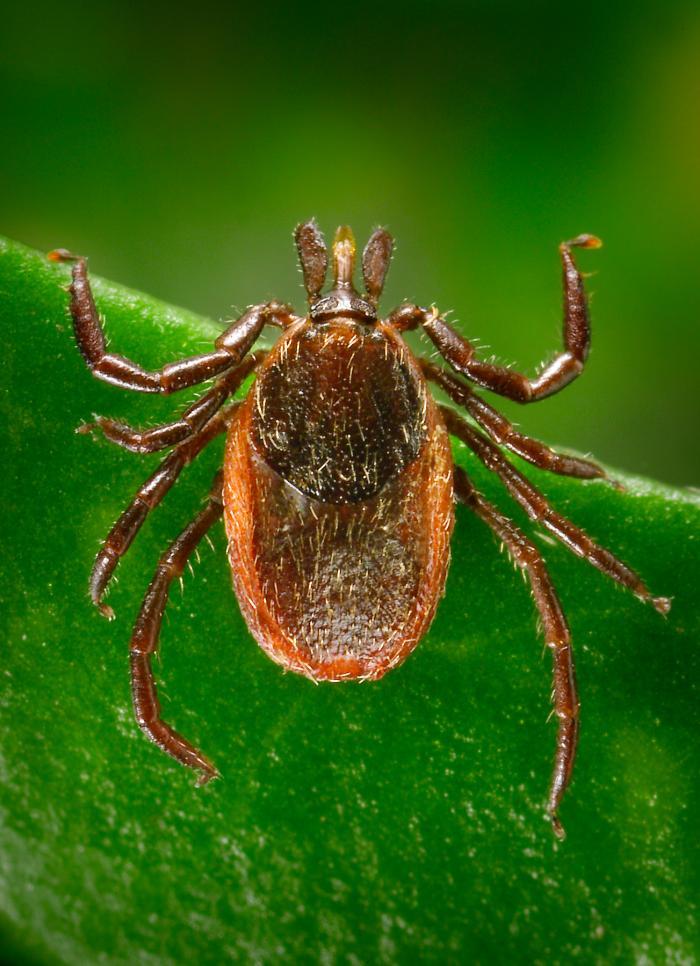
A University College London–led study reveals that the percentage of children younger than 5 years hospitalized for respiratory syncytial virus (RSV) infection rose significantly after the first year of the COVID-19 pandemic, as did disease severity in infants.
The researchers analyzed hospitalization trends and illness severity in preschoolers admitted to Nationwide Children's Hospital in Columbus, Ohio, during eight RSV seasons: November to April 2012 to 2018 (prepandemic), June to December 2021 (pandemic), and September 2022 to January 2023 (postpandemic). In 2020, there was no RSV season.
The findings were published yesterday in JAMA Pediatrics.
Illness more severe in infants
During the study period, 6,986 children younger than 5 were hospitalized for RSV (55.1% boys), including 5,143 in 2012 to 2018, 908 in 2021, and 935 in 2022 to 2023. The median age at admission jumped from 5.3 months before the pandemic to 6.3 months in 2021 and 8.2 months in 2022 to 2023.
The increase in age was mainly seen among children aged 1 to 4 years, making up 30.0% of all RSV hospitalizations from 2012 to 2018, compared with 37.0% in 2021 and 42.0% in 2022 to 2023.
Compared with before the pandemic, illness severity (need for supplemental oxygen, pediatric intensive care unit [PICU] admission, and length of stay [LOS]) climbed during and after the pandemic.
As RSV preventive strategies with vaccines and monoclonal antibodies are implemented, continued surveillance of RSV burden is essential.
Age-stratified analyses showed that disease severity gradually rose from before the pandemic to 2021 and 2022 to 2023; the increases were significant among children younger than 6 months and 6 months to 1 year, separately or combined (oxygen administration, 68.2% to 75.1% and 88.3%; PICU admission, 36.4% to 47.3% and 52.7%; invasive mechanical ventilation, 11.8% to 9.6% and 16.0%; LOS, 2.6 to 3.0 and 3.8 days).
The increase in RSV hospitalizations may be linked to waning immunity rather than the emergence of new RSV strains or increases in chronic conditions. "As RSV preventive strategies with vaccines and monoclonal antibodies are implemented, continued surveillance of RSV burden is essential," the study authors concluded.














